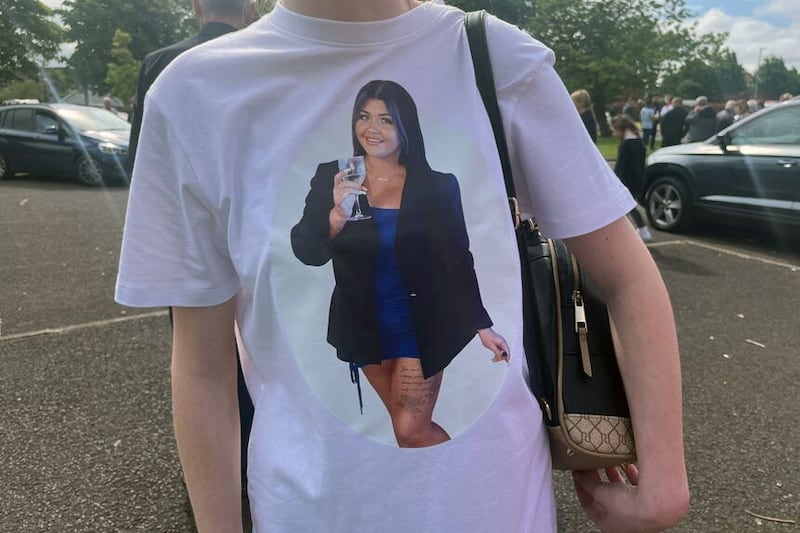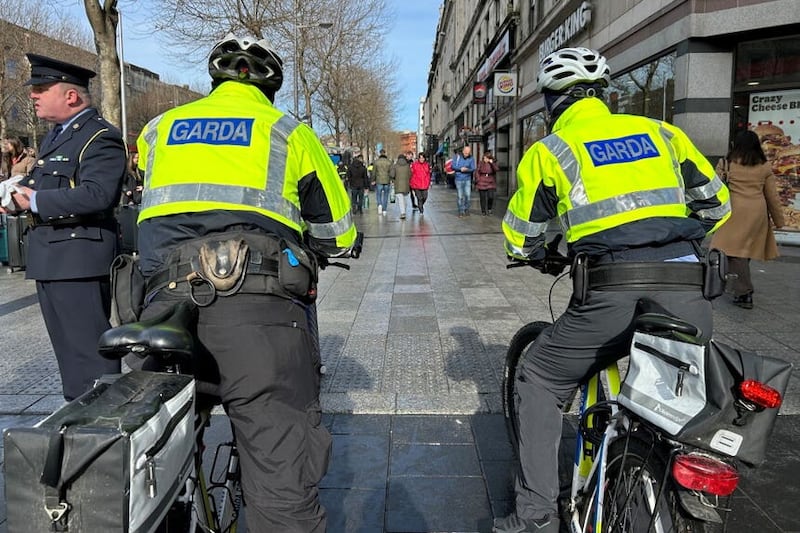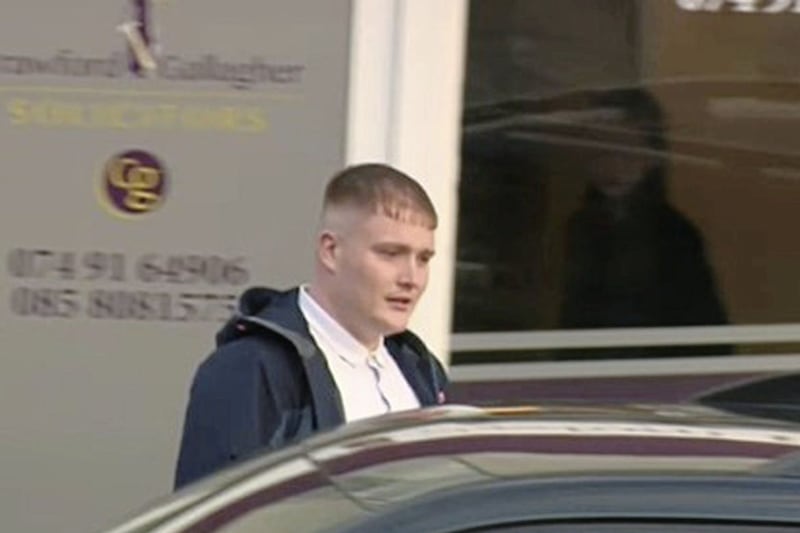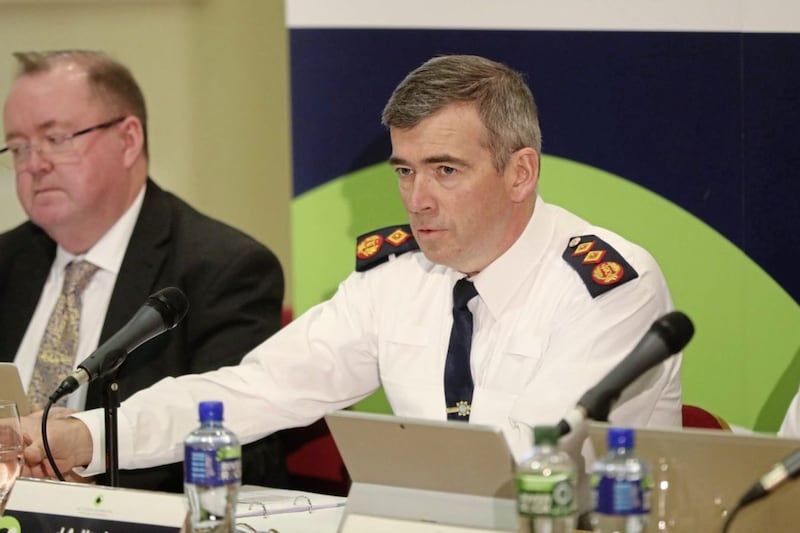A court has said that a portion of taped conversations recorded by police from the Republic, in Northern Ireland, was obtained illegally but will be permitted in the trial of Gerry “The Monk” Hutch.
Mr Hutch is on trial over the murder of David Byrne, who was shot dead at the Regency Hotel in February 2016 in one of the first deadly attacks of the Hutch-Kinahan gangland feud.
Earlier in the week, the non-jury Special Criminal Court heard arguments on whether the 2016 recordings of Mr Hutch speaking with former Sinn Féin councillor Jonathan Dowdall as they drove to Northern Ireland should be admitted as evidence.
The defence had argued that the audio shouldn’t be allowed as permission given to An Garda Síochána to use an audio device on the jeep was based on incomplete information.
This included an argument that gardaí applying for permission did not tell the court that the tracked vehicle could pass into Northern Ireland during the surveillance.
The judge said that this would have amounted to speculation, and that there is no obligation on gardaí to “discuss the various possibilities that might arise”.
The prosecution had argued that the recordings should be permitted as the recording device was deployed, retrieved and downloaded in the Irish State.
It also argued that in referencing sea vessels and aircrafts in drafting the Surveillance Act 2009, the Irish parliament had considered areas around the Irish state.
Particular emphasis was placed by the prosecution on terrorism threats and the border with Northern Ireland “being the most porous border in Europe”.
The court concluded that authorisation can only be given to the deployment of an audio device within the Irish State.
Reading out the decision, Ms Justice Tara Burns said that An Garda Síochana had “no authority” to investigate or gather evidence in “another jurisdiction”.
She said that An Garda Síochána “cannot conduct surveillance in a foreign jurisdiction and cannot operate independently in a foreign jurisdiction”.
The judge said the court was “not prepared to accept that references to sea and air demonstrate that the Oireachtas meant it can gather audio in another jurisdiction”.
She said that the Northern Ireland recording “does not taint” the recordings obtained legally in the Republic.
“The court is satisfied that the relevant officers acted in good faith and that the illegality was unknown,” she said, adding that this was a new determination in law.
Addressing a right-to-privacy argument, Ms Justice Burns concluded it “does not arise” as there is no right to plan a criminal act and so there is no right to do so in private.
“They are clearly discussing criminal behaviour… therefore a right to privacy does not arise,” she said, adding that the court had not decided on the “significance or relevance” of the tapes to the case before the court.
Concluding, Ms Justice Burns said that despite the tapes being obtained illegally, the court “will admit that portion of the evidence recorded in Northern Ireland”.
“The court has ruled that the evidence was unlawfully obtained and has nonetheless decided to admit it into evidence,” defence barrister Brendan Grehan responded.
He said the prosecution had not argued the taped recordings should still be submitted if they are found to have been obtained illegally, under a provision of law which allows for non-compliant evidence to be submitted in the interest of justice.
Ms Justice Burns said she had listened back to transcripts over the last two days and the prosecuting barrister, Sean Gillane, had mentioned the provision during his submissions.
At the end of proceedings, a submission was made by Mediahuis Ireland to request that transcripts of the taped Hutch-Dowdall conversations be supplied to journalists as an aid to their reporting.
“I have clear instructions to oppose the application,” Mr Gillane said, with Mr Grehan agreeing.
“As far as we’re aware, that ship has sailed now,” Mr Grehan said, adding that this was “a live trial” and that matters of public or commercial interest “should very much take second place”.
A decision will be made in relation to the transcripts of the recordings on Monday.
The court heard that a number of Garda witnesses are due to take the stand over the course of several days next week, and that pending arguments over whether his evidence should be allowed, Mr Dowdall is expected on the stand “this side of Christmas barring something falling out of the sky”.






